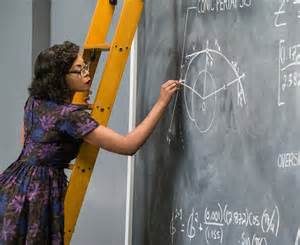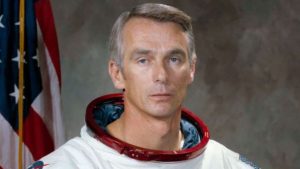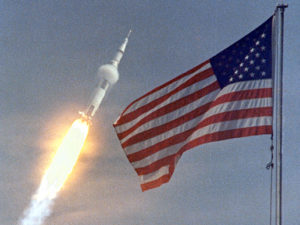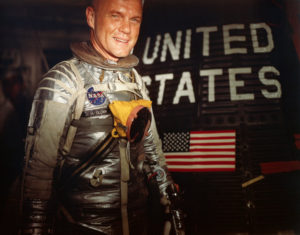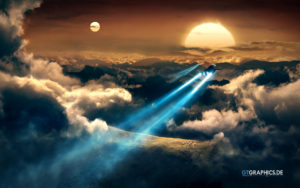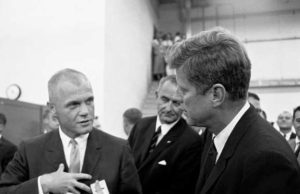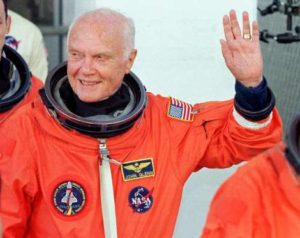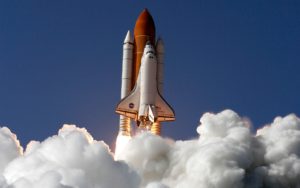Now that full-time retirement has arrived, I plan to engage in the one activity I pursue with unbridled vigor.
I love to write. I take great pleasure in sharing thoughts — the wisdom and quality of which I’ll let others decide — with others. I do so through this forum.
After I left full-time print journalism in August 2012, I continued to write on this blog and then started writing for a couple of other media outlets: KFDA-TV NewsChannel 10 and Panhandle PBS.
My wife joked with me constantly about how cool it was to get paid for “having fun.” It truly was a labor of joy; I refer to it as such because calling it a “labor of love” would imply I did it for free. That, obviously, wasn’t the case. But that work did allow to continue pursuing something I have loved doing since I decided in late 1970 — as I prepared to re-enroll in college after my two-year U.S. Army stint — to pursue a career in journalism.
That love hasn’t abated one bit in the 47 years that have come and gone.
My focus now — besides travel and preparing to relocate somewhere much nearer to our precious granddaughter, Emma — will be this blog.
It’s going to focus primarily on politics and public policy. I’ll make no apologies for the criticism I intend to launch toward the current president of the United States. I do hope to be able to praise him when the opportunity presents itself; indeed, I did so recently when he signed that big NASA appropriations bill that lays out a lot of money for Mars exploration.
The blog also will continue to include what I like to call “life experience” commentary. You know about Toby the Puppy and the joy he has brought to my wife and me. There’ll be more of those musings as time marches on.
And, of course, I intend to share the expected enjoyment of retired life and the travel across North America that it will bring to us.
With that …
We’re off like a dirty shirt to see what lies ahead.


